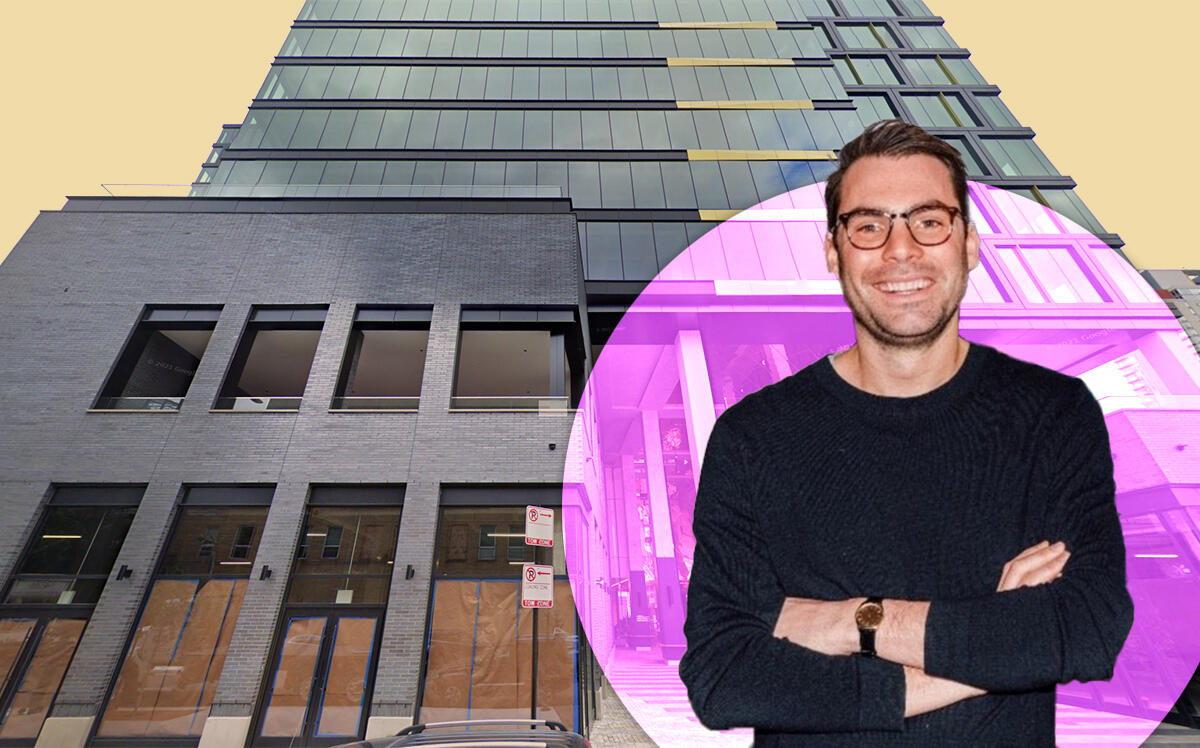Trending
Chicago’s upscale convenience store chain raises $100M to open 50 retail locations
Foxtrot plans to open 25 brick-and-mortar stores including in Tribune Tower

Foxtrot, Chicago’s upscale convenience store chain, is beating the pandemic odds, expanding at a time when brick-and-mortar retailers are hurting. The company plans to open 50 retail locations by 2023 after raising $100 million.
New York investment firm D1 Capital led the Series C funding for Foxtrot, TechCrunch reported. Repeat investors included Monogram Capital, Almanac and Wittington Ventures. The latest funding brings Foxtrot’s total raised to $160 million.
Foxtrot launched online in 2014 and opened its first retail store in 2016. Of the planned 50 brick-and-mortar stores for the next two years, 25 will launch in Boston, Austin and Chicago’s Willis Tower, Tribune Tower and near Wrigley Field this year. In 2023, Foxtrot will enter new markets in New York, Nashville and Miami.
Unlike the accelerated trend of brick-and-mortar stores closing, Foxtrot saw traffic into its retail locations go up during the pandemic.
“The biggest trend we have seen is customers fully leaning into the retail experience and for that to be the main customer acquisition point for the online business,” said Foxtrot’s CEO Mike LaVitola.
The Chicago office market has been hammered by the pandemic, but Foxtrot was an exception. The convenience store company expanded its headquarters office into Fulton Market, the rapidly developing former meatpacking district where companies are migrating. Foxtrot signed a 30,000-square-foot lease at 167 North Green Street, about four times the size of the firm’s former headquarters at 440 North Well Street in River North last year.
Besides retail store expansions, Foxtrot plans to launch 200 more private-label offerings this year. The company sells about 100 private-label items, ranging from bourbon to wine to gummy bears, comprising 30 percent of its sales.
[TechCrunch] – Connie Kim




